Laboratory of Experimental Cardiology
That is why we focus on understanding the mechanisms of 1) electrical activation & propagation and 2) cellular development & homeostasis in the healthy heart, and on how these processes are disrupted in the diseased heart, in order to use this knowledge for the development of novel therapeutics for human cardiac disease, especially heart rhythm disturbances. Here, one of the key goals is to allow the heart itself to detect and neutralize physiological disturbances through an interdisciplinary approach covering various aspects of biology, physics, engineering and medicine.
…That is why we focus on understanding the mechanisms of 1) electrical activation & propagation and 2) cellular development & homeostasis in the healthy heart, and on how these processes are disrupted in the diseased heart, in order to use this knowledge for the development of novel therapeutics for human cardiac disease, especially heart rhythm disturbances. Here, one of the key goals is to allow the heart itself to detect and neutralize physiological disturbances through an interdisciplinary approach covering various aspects of biology, physics, engineering and medicine.
We are always looking for highly motivated and enthusiastic (PhD) students and postdocs with a genuine interest in cardiac rhythm and tissue restoration, synthetic biology, computer modeling and optoelectronic engineering. Feel free to send Dr. Pijnappels an email for more information.

Science
Key characteristics
We strive to translate basic research findings into clinical applications and to approach clinical problems through fundamental and translational research. To his purpose, we make use of the principles & tools of (synthetic) biology, mathematics, engineering and medicine. These are applied to various complementary in silico (computer-based), in vitro, ex vivo, and in vivo models for studies on increasing levels of complexity, i.e from molecule to whole organism. Of particular interest is the use of viral vectors to investigate the consequences of inhibiting or stimulating the expression of specific genes, and for translational research aimed at developing (synthetic) biomedical interventions, like cardiac gene therapy. We are particularly interested in gain-of-novel functions like those obtained upon optogenetic engineering of the heart, i.e. generation of endogenous photocurrents for arrhythmia termination. The diverse technical skills and theoretical knowledge required for this type of integrative research is provided by a research team consisting of people with different scientific backgrounds and expertise varying from electrophysiology, biophysics, engineering and mathematics to cardiology, cell biology and virology. Our long-term collaboration with the Delft Technical University is key in providing the necessary skills, knowledge and equipment to realize such an interdisciplinary approach.
Facilities
The Laboratory of Experimental Cardiology is located on the 4th floor of the LUMC and possesses state-of-the-art facilities for the transient and permanent genetic modification of cells, tissues and organs by viral gene transfer systems including adeno-associated virus and lentivirus vectors. In addition, all necessary readout-systems are present for studying the effects of specific (optogenetic) interventions, including polymerase chain reaction analyses, flow cytometry, immunocytology, Western-blotting, immunohistology and histochemistry as well as electrophysiological measurements and heart function assessments. The electrical properties of cells, tissues and the whole heart are investigated using whole-cell patch-clamp, multi-electrode array, optical mapping and electrocardiographic techniques. Heart function is measured using echocardiography, micro-magnetic resonance imaging and by the assessment of pressure-volume relationships with the aid of a conductance catheter.
Current research projects
We have received financial support from The European Research Council, Netherlands Organisation for Scientific Research, Dutch Heart Foundation, Ammodo,The Netherlands Organisation for Health Research and Development, and The Royal Netherlands Academy for Arts and Sciences.
People
Files
Our work covered by news media
Selection of articles and interviews about our work on biological defibrillation, optogenetics, immortalization and more:
Societies, foundations & meetings
Miscellaneous
Contact
Jobs and other questions
We are always looking for highly motivated and enthusiastic PhD students and postdocs with a genuine interest in cardiac electrophysiology, arrhythmias and (synthetic) biomedicine.
For information concerning jobs, or other questions, please contact dr. Pijnappels.
Email: d.a.pijnappels@lumc.nl or phone: +31-715265330 (...2020)
Department of Cardiology, B4-18
Leiden University Medical Center
Albinusdreef 2
2300 RC, Leiden
The Netherlands
Jobs and other questions
We are always looking for highly motivated and enthusiastic PhD students and postdocs with a genuine interest in cardiac electrophysiology, arrhythmias and (synthetic) biomedicine.
For information concerning jobs, or other questions, please contact dr. Pijnappels.
Email: d.a.pijnappels@lumc.nl or phone: +31-715265330 (...2020)
Department of Cardiology, B4-18
Leiden University Medical Center
Albinusdreef 2
2300 RC, Leiden
The Netherlands
Materials
We are happy to supply you with constructs for viral vector production and other reagents and materials that we have used in our published work.
For information concerning materials please contact dr. de Vries.
Email: a.a.f.de_vries@lumc.nl or phone: +31-715265989 (...2020)
How to reach us
The laboratory of Experimental Cardiology is located within the Leiden University Medical Center (LUMC) just next to Leiden Central Station (train). Take the exit that leads to the LUMC. After entering the building take the escalators to the 2nd floor, go left and cross the "Leidse plein" till you reach the elevators. Go to the 4th floor and follow the "D" signs, after which you will find the laboratory on your lefthand side (D4-19).
The offices of dr. Pijnappels (B4-18) and de Vries (B4-17) are also located on the 4th floor and at the end of the same corridor, but opposite direction after taking the elevators (go to staff center Cardiology).
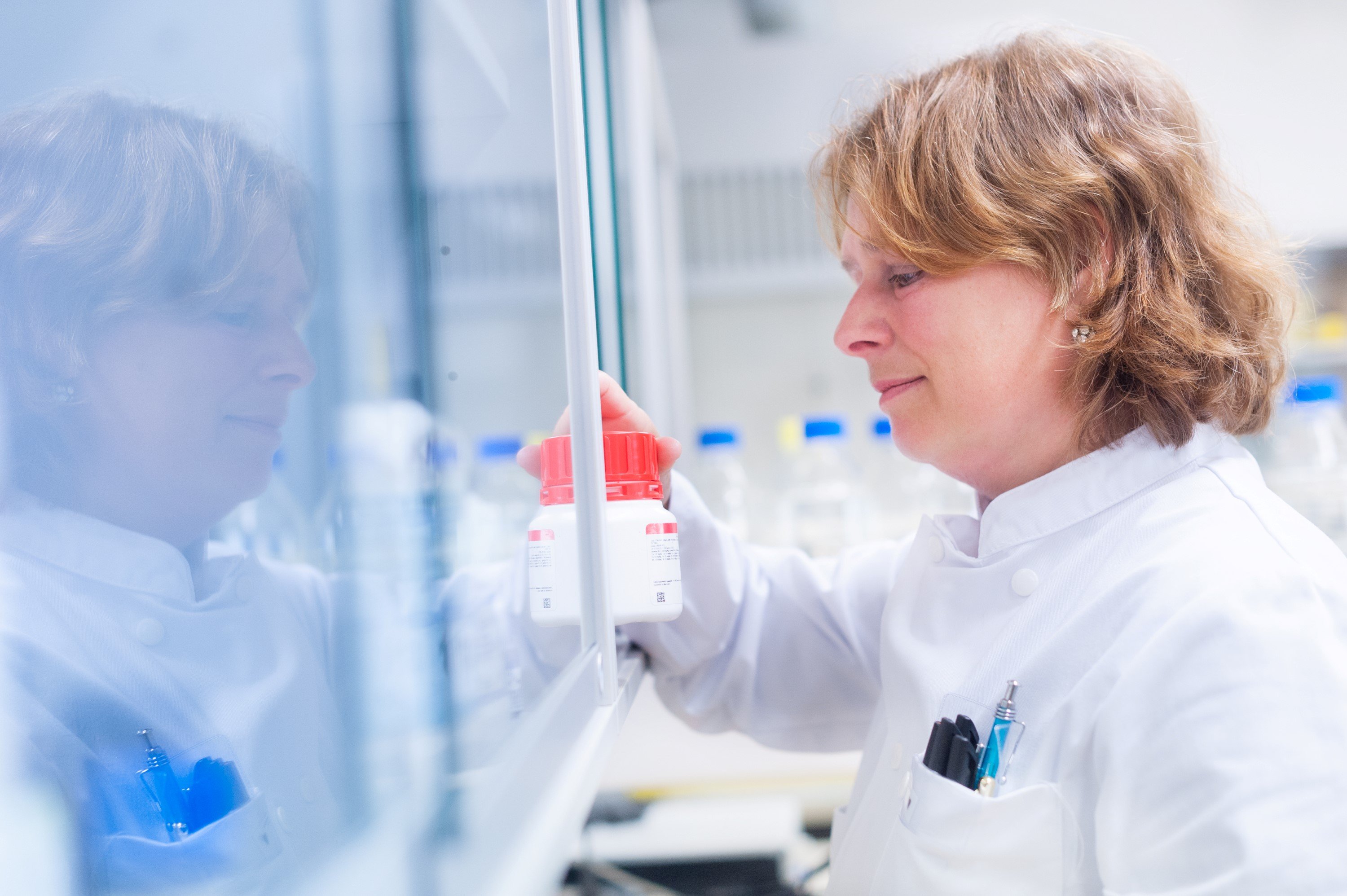
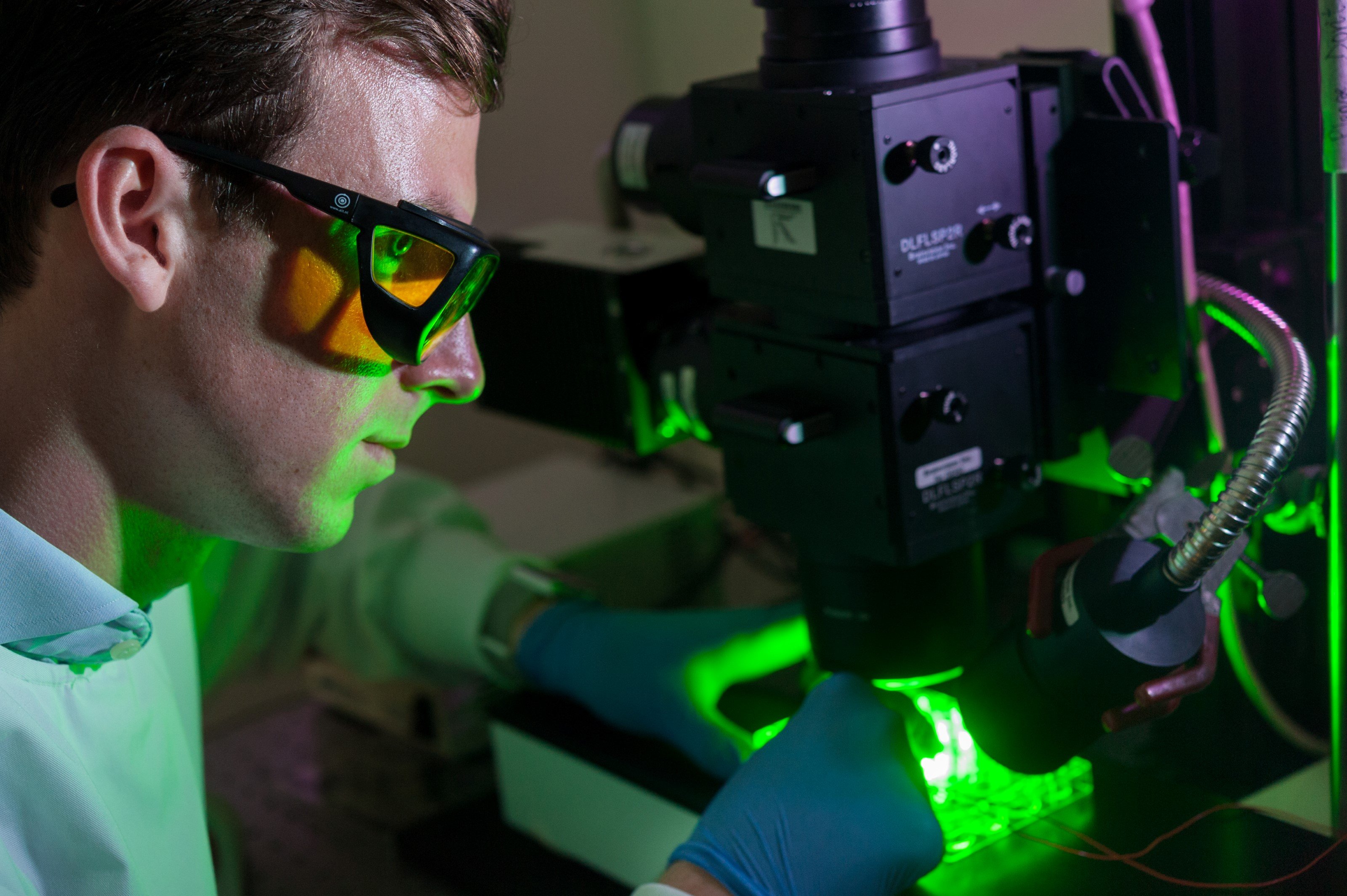
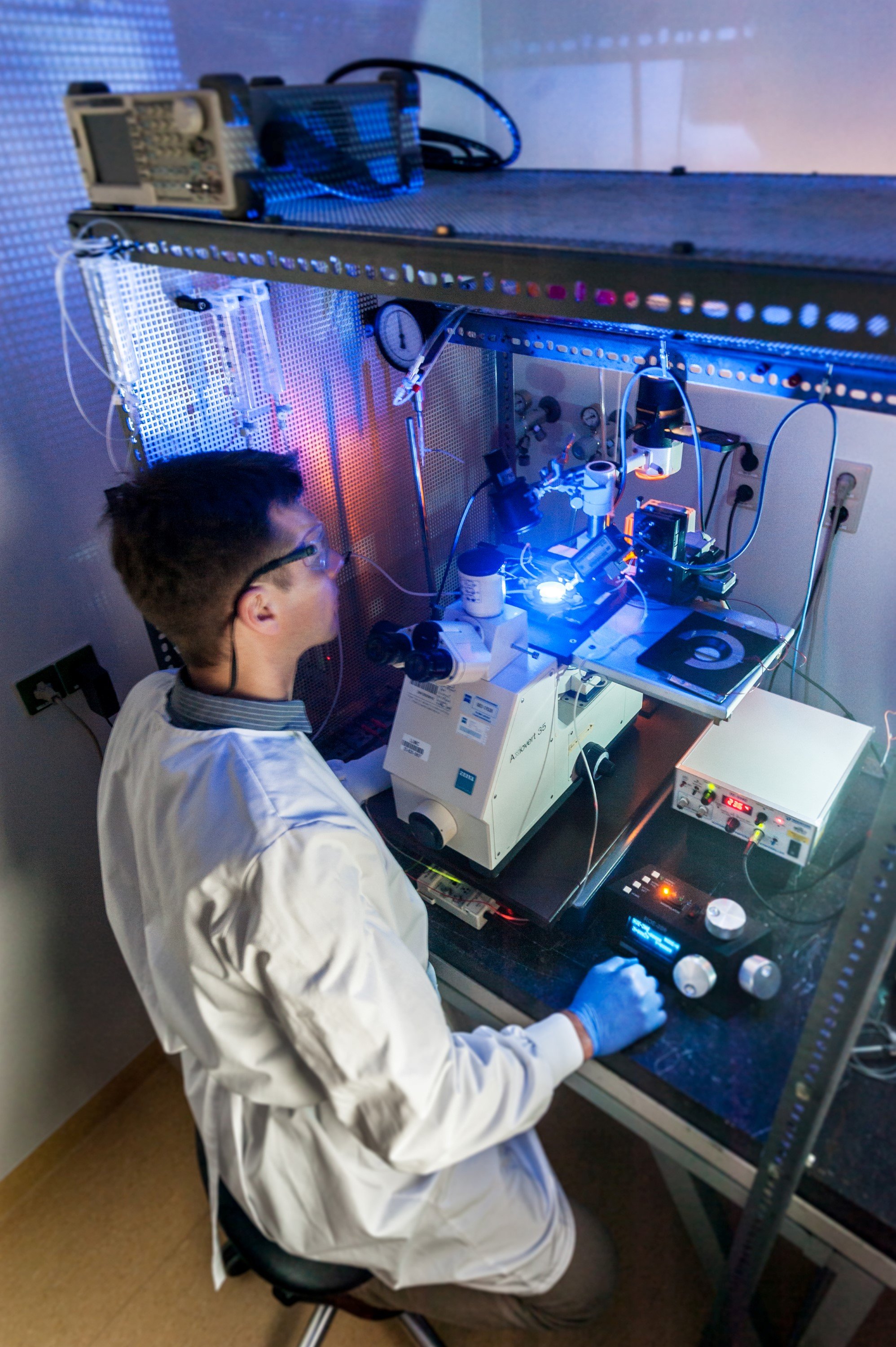
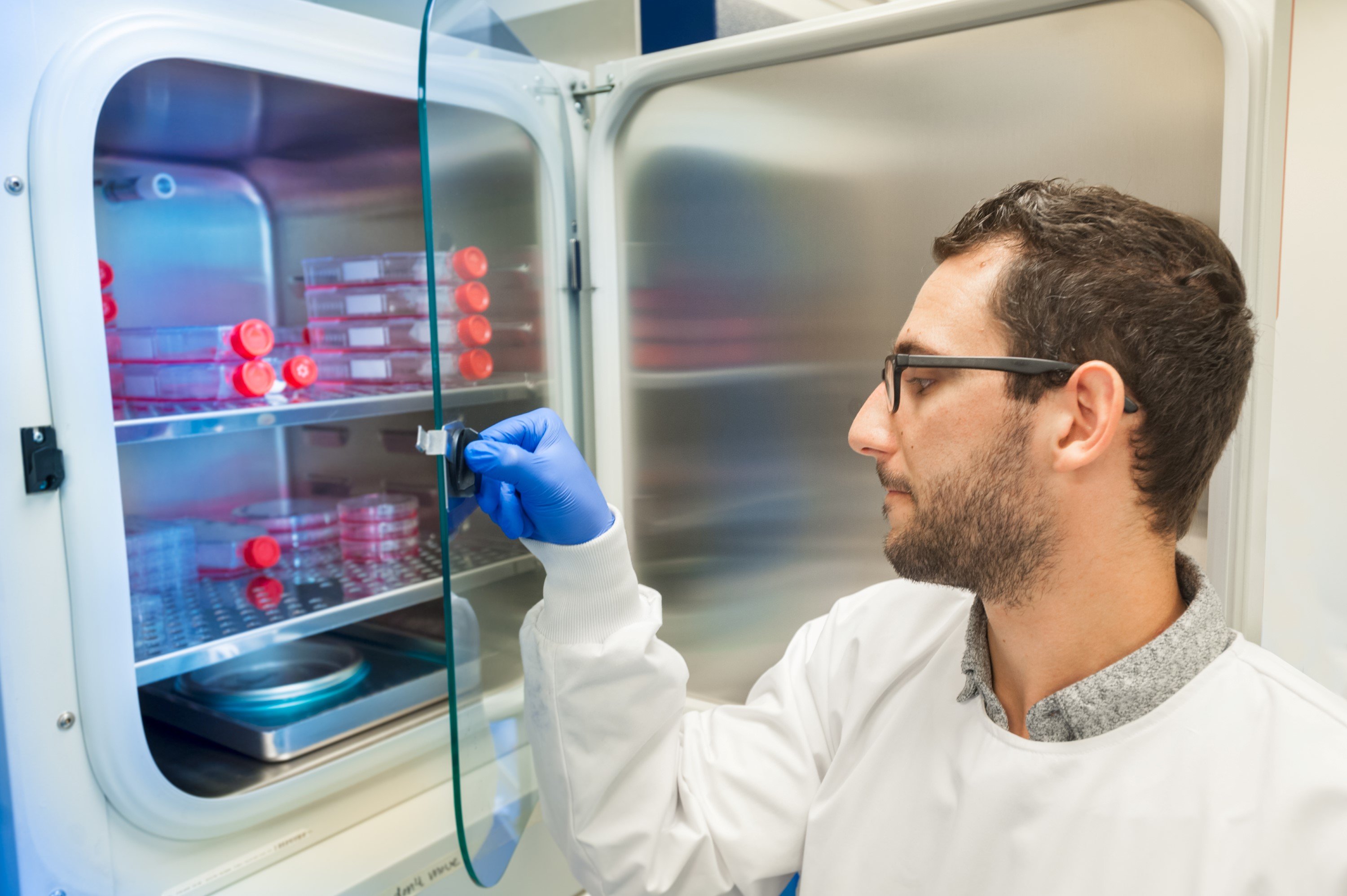
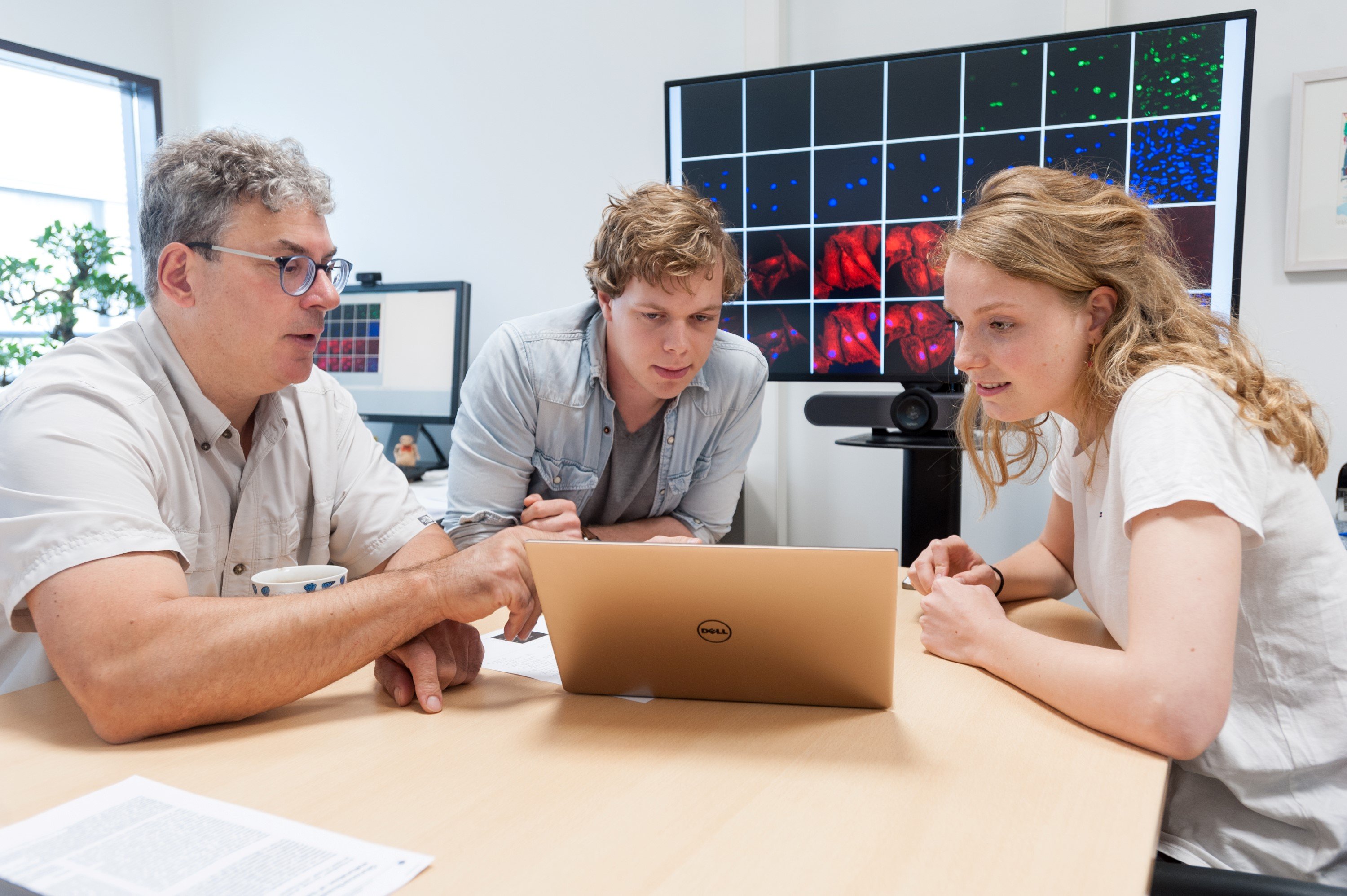
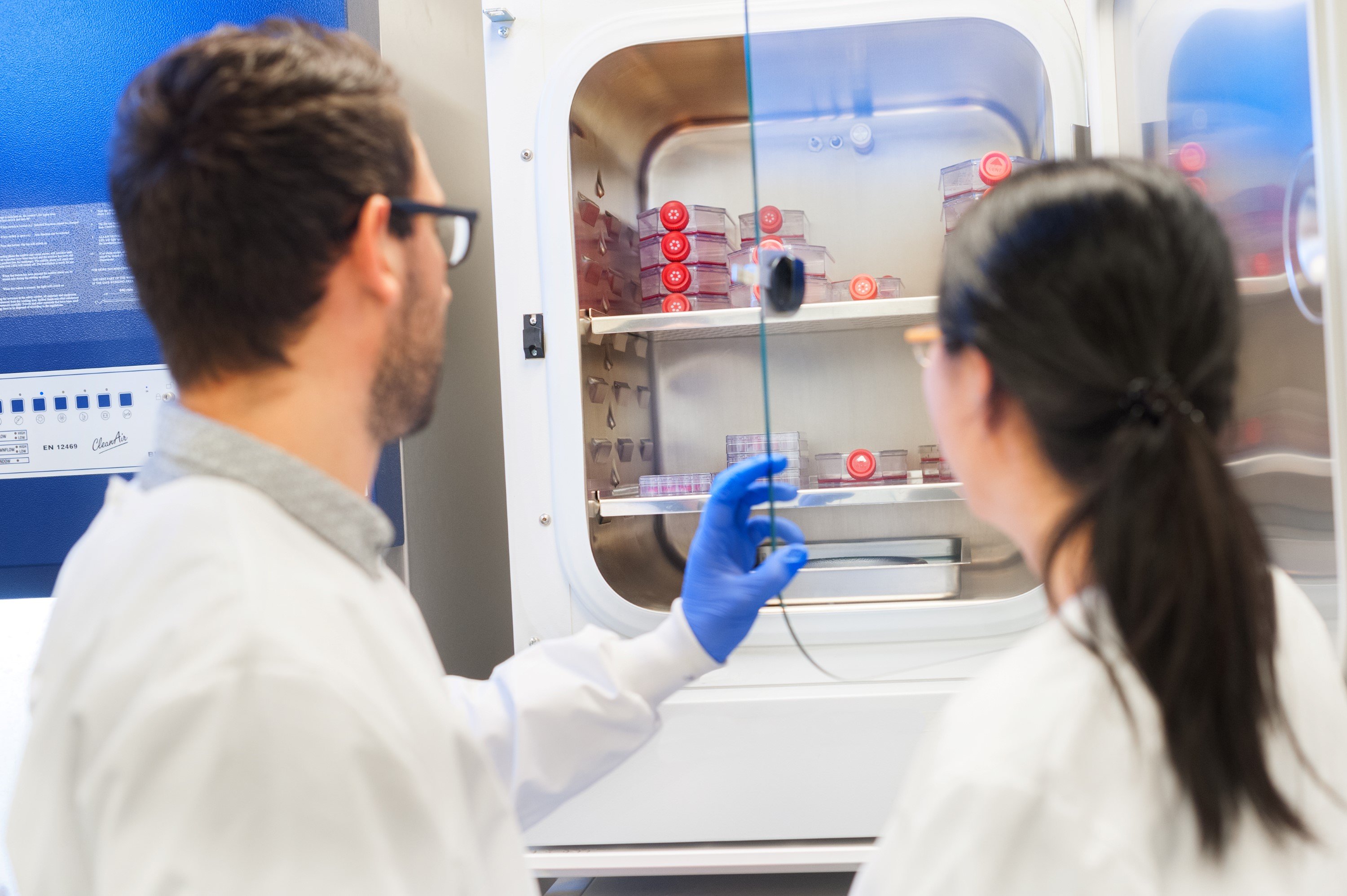
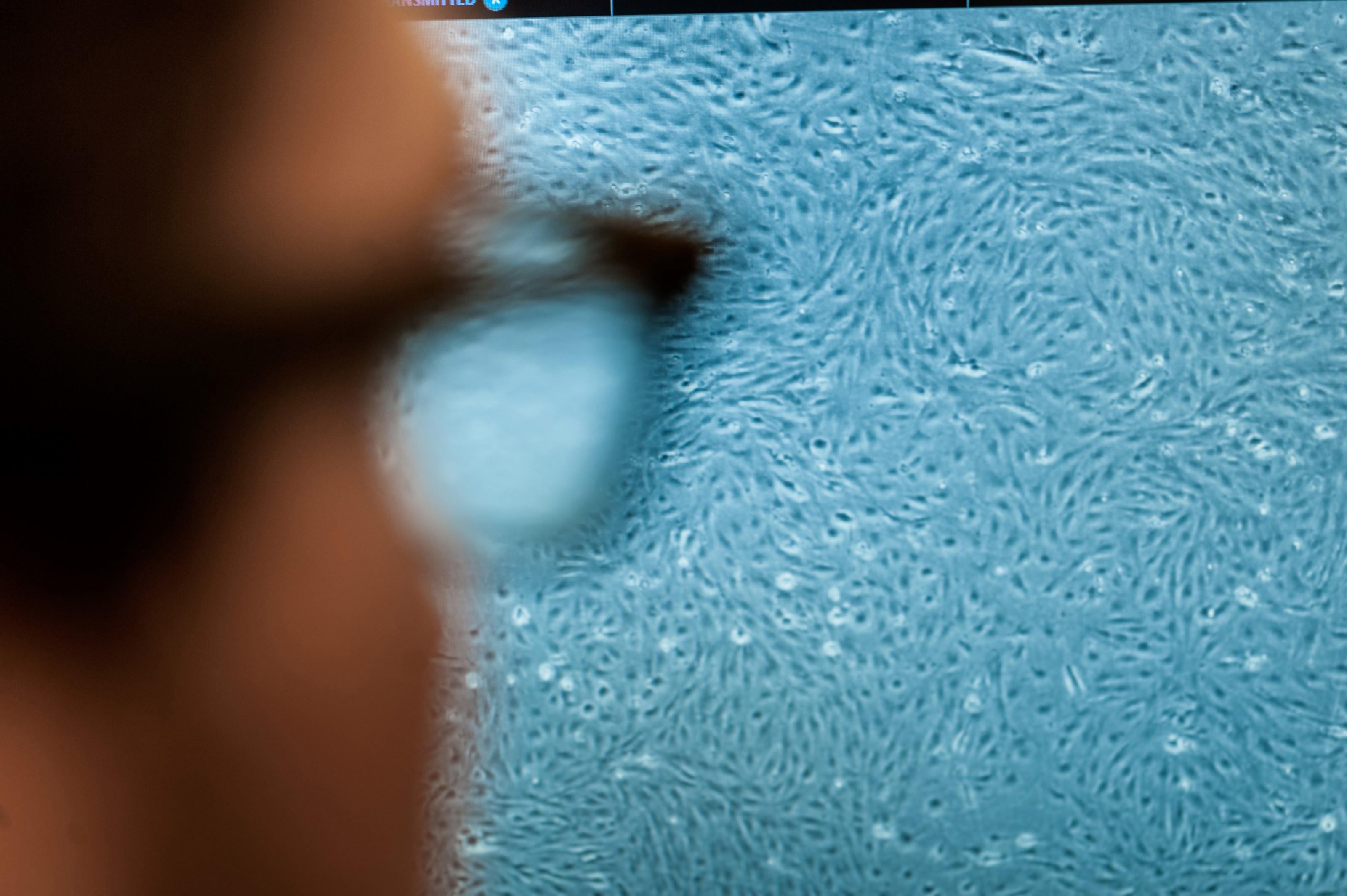&width=3200)
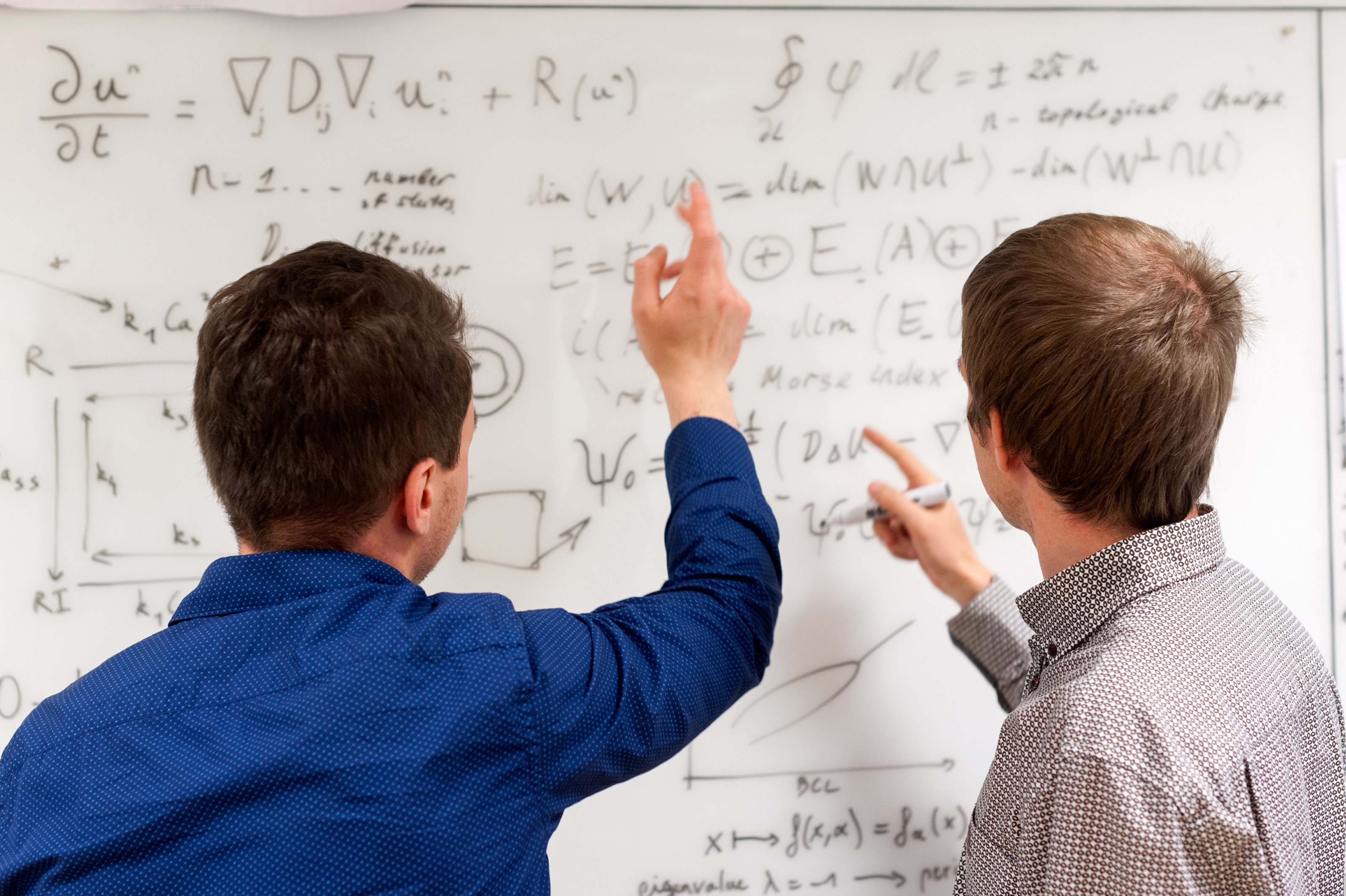&width=3200)
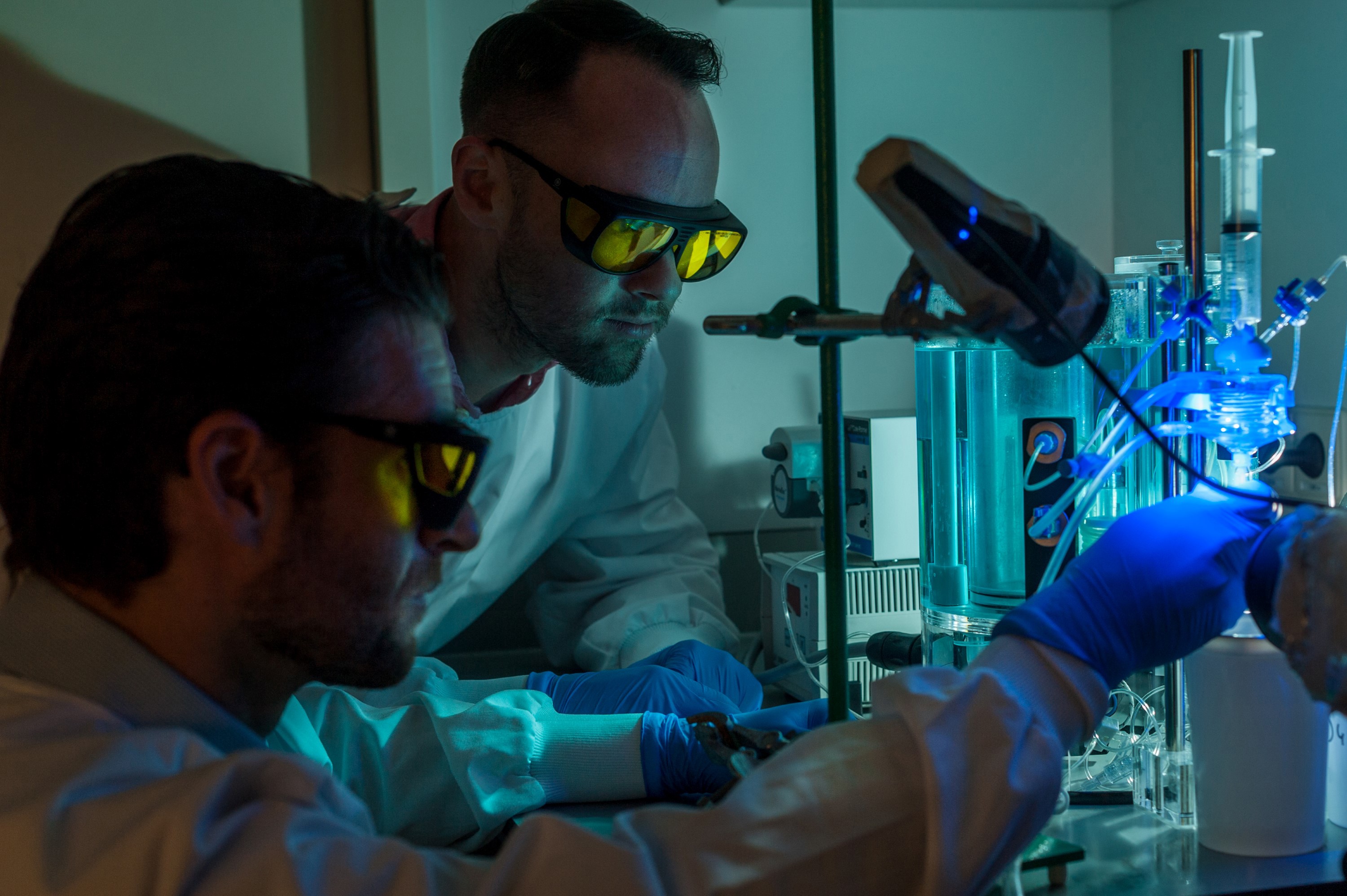&width=3000)
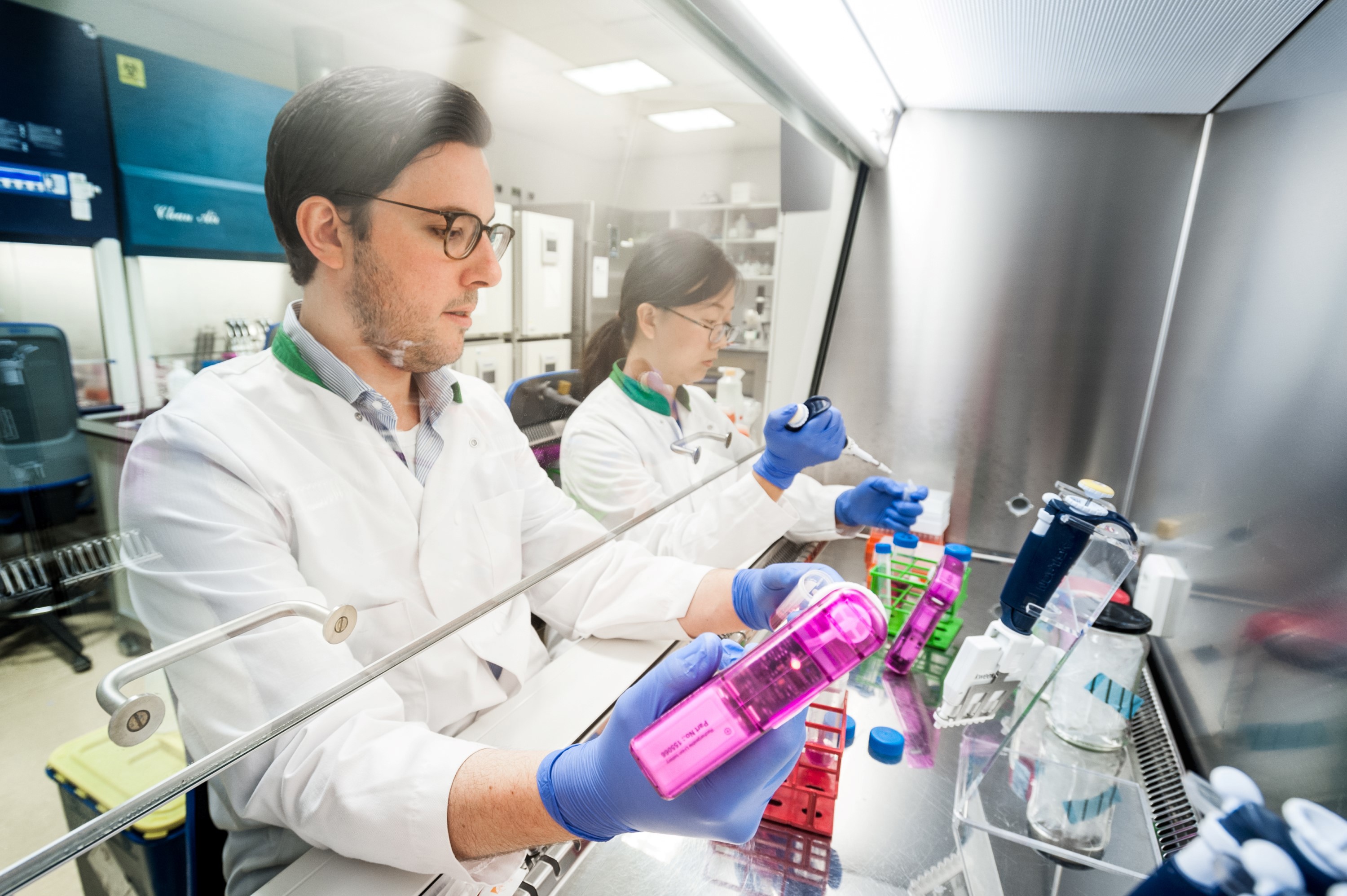&width=3000)
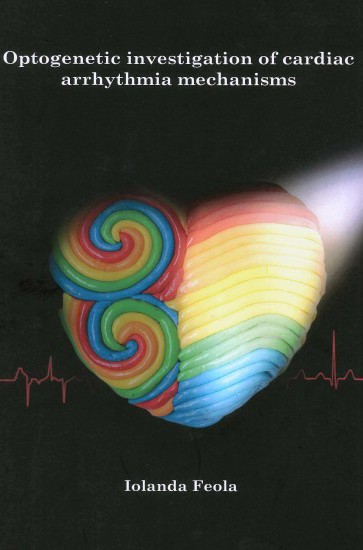&width=400)
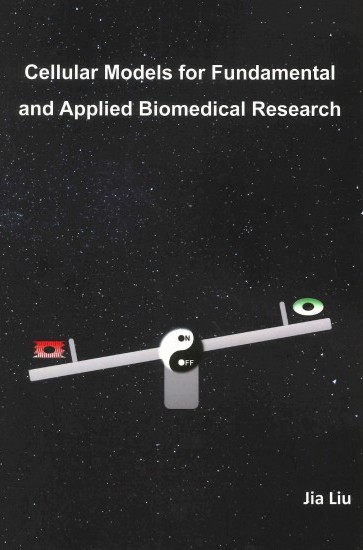&width=400)
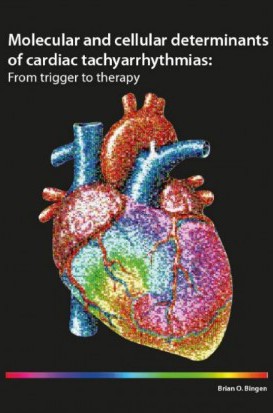&width=400)
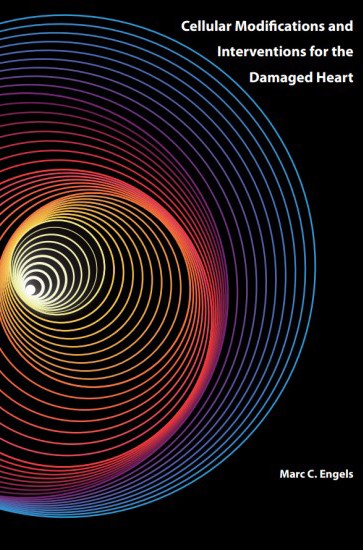&width=400)
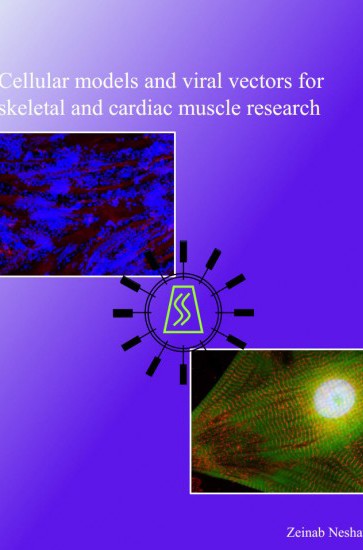&width=400)
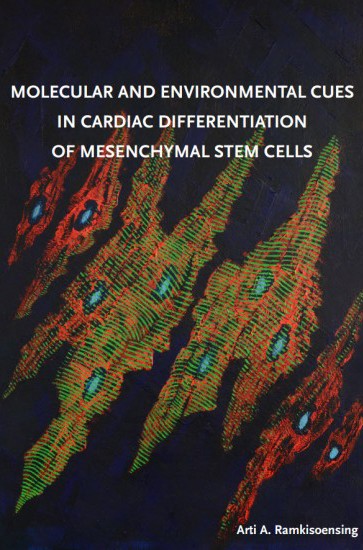&width=400)
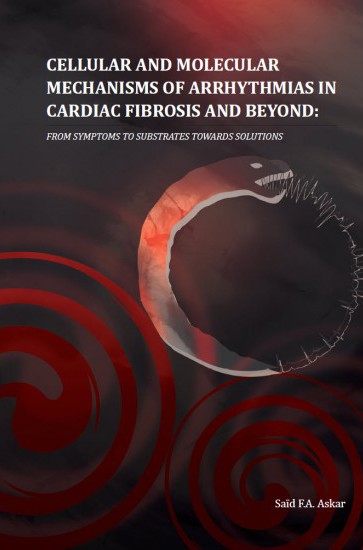&width=400)